Maximizing Circuit Efficiency with Next-Generation LC Filters
Understanding LC Filters and Their Importance LC filters, an essential component in electrical engineering, consist of inductors (L) and capacitors (C) that work in tandem to manage the flow of electrical signals. Their primary function is to eliminate unwanted frequencies while allowing desired signals to pass through, thereby improving both signal quality and overall circuit …
Maximizing Circuit Efficiency with Next-Generation LC Filters Read More »
